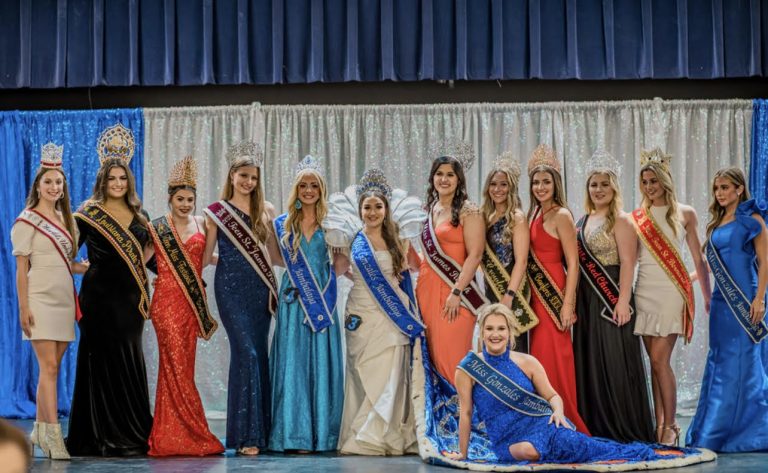A few years ago, when the children in our family became older and gift-giving became harder to navigate, our family switched to making donations to causes that were close to our hearts in another family member’s name.
Making a donation to a non-profit organization in someone’s name is a great way to spread cheer this holiday. In addition to making you feel good, you may also receive a tax deduction for your gift, depending on the charity you choose.
Some recent legislation includes several provisions that will help individuals who want to make charitable gifts before the end of this year.
Deduction for individuals who don’t itemize
Under recent law, taxpayers are now permitted to claim a limited deduction on their 2021 federal income tax return for cash contributions made to certain qualifying charities. Previously, taxpayers who took the standard deduction could not deduct their charitable contributions. Single taxpayers can claim a deduction of $300 for cash contributions, while the number is doubled for married couples to $600.
Cash donations
Most cash donations made to charity qualify for the deduction, with the exception of cash contributions that meet the criteria in the following list:
- Made to a supporting organization
- Intended to help establish or maintain a donor advised fund
- Carried forward from prior years
- Made to most private foundations
- Made to charitable remainder trusts
According to the IRS, “These exceptions also apply to taxpayers who itemize their deductions.
Cash contributions include those made by check, credit card or debit card as well as unreimbursed out-of-pocket expenses in connection with volunteer services to a qualifying charitable organization. Cash contributions don’t include the value of volunteer services, securities, household items or other property.”
100% limit on eligible cash contributions made by taxpayers who itemize deductions in 2021
For those taxpayers who do itemize, their deduction is usually limited to 20% to 60% of their adjusted gross income, and it varies depending on the type of contribution and the type of charity. But now the law allows taxpayers to apply up to 100% of their adjusted gross income. However, the taxpayer must elect to take the new limit of 100% for any qualified cash contribution; it is not automatic. The taxpayer’s other allowable charitable contribution deductions reduce the maximum amount allowed under this election. Eligible individuals must make their election on their 2021 Form 1040 or Form 1040-SR.
Deductions from IRA distributions
If you are taking required minimum distributions from an IRA, another option is to donate those distributions directly to charity through a qualified charitable donation. The distributions won’t be included in your gross income, which means lower taxes overall. The donation must be made directly from the IRA to the charity and different IRAs have different rules about how to make the distributions.
Finally, we wanted to highlight a few of our favorite nonprofits in the area. Our staff picked the organizations across south Louisiana that are nearest and dearest to their hearts.
- Alzheimer’s Services of the Capital Area teaches, cares for and connects with those in our community affected by Alzheimer’s disease and other memory-related impairments
- Arc of East Ascension aims to enhance the quality of life for persons with disabilities and their families through services and advocacy that support choice, independence, and dignity.
- Dialogue on Race Louisiana is dedicated to the elimination of racism through education, action, and transformation.
- Rebuilding Together Baton Rouge aims to bring together volunteers and communities to improve the homes and lives of low-income elderly and low-income disabled homeowners, allowing them to remain in their homes as long as possible.
- Innocence Project New Orleans works to free innocent people sentenced to life in prison and those serving unjust sentences. They work to expose and address root causes by sharing their clients’ stories in court, the legislature, the community, and the media.
For more information on how to maximize your charitable giving under the new tax law, consult with a qualified estate planning attorney to help you look at your options and decide the best plan of action for you. May your holiday be merry and bright this year!
The information provided is not intended to be legal or tax advice and does not constitute any attorney/client relationship. You should consult with an attorney for individual advice regarding your own situation.
Ms. Melancon is an attorney with Legacy Estate & Elder Law of Louisiana, LLC with offices in Baton Rouge, New Orleans and Lake Charles, LA. The primary focus of her practice is estate planning, probate, special needs planning, and elder law. For more information or to attend an upcoming estate planning seminar, call her office at (225) 744-0027.











